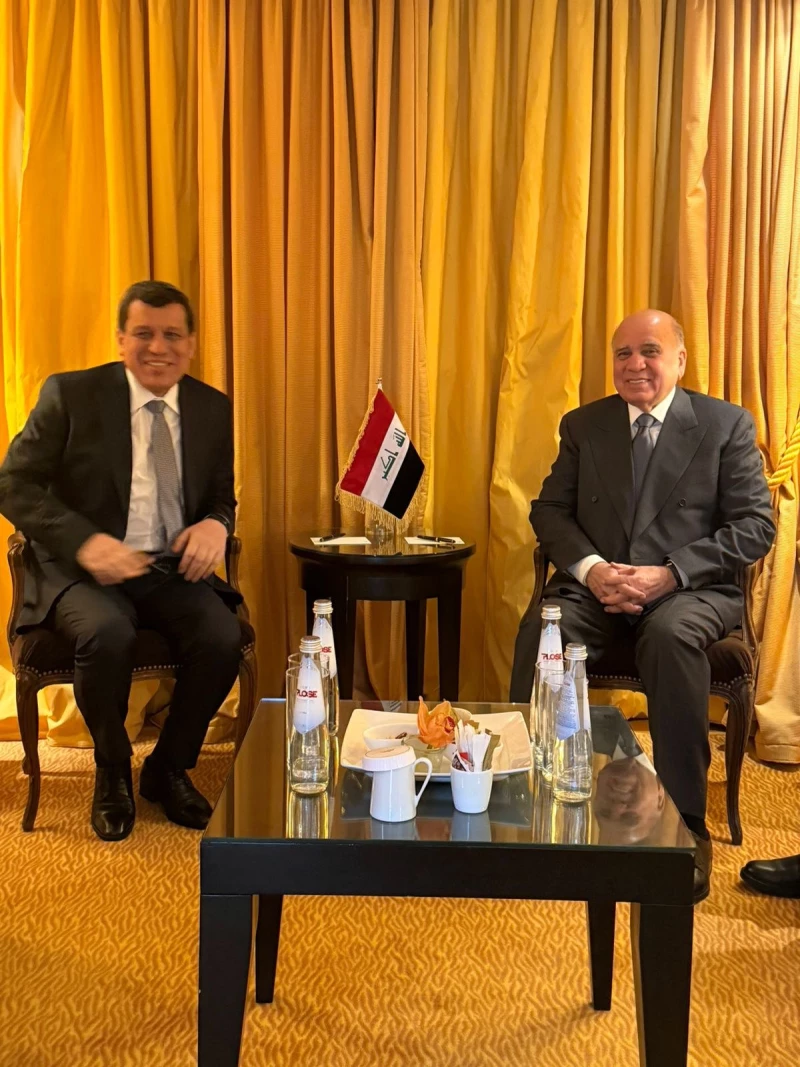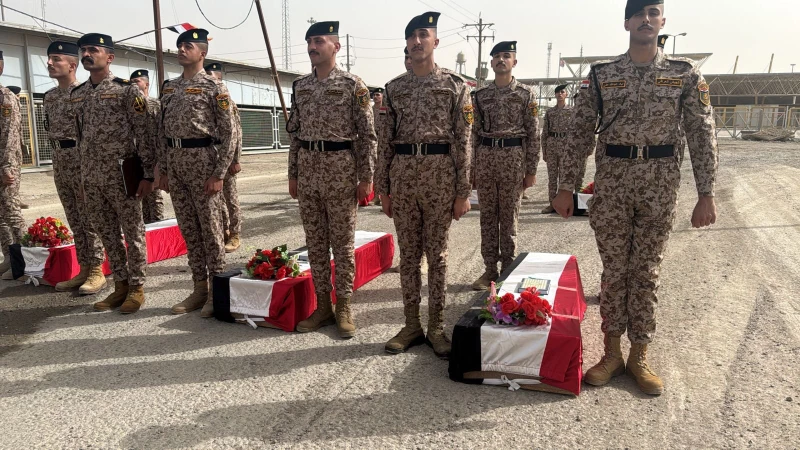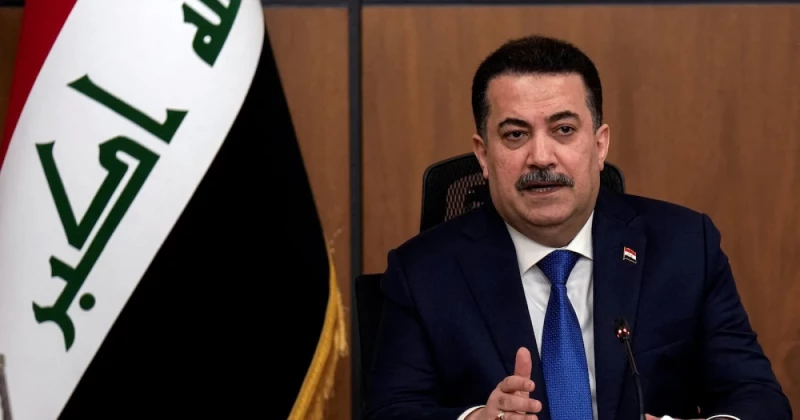BAGHDAD, Iraq - Iraq will announce self-sufficiency in oil derivates within the next two months, the country’s Prime Minister said on Sunday, adding that such an approach will return $3.2 billion into the country’s treasury.
“Within two months, we will officially announce self-sufficiency in oil derivatives and stop imports, which will save $3.2 billion,” Prime Minister Mohammed Shia al-Sudani said in a panel at the Rafidain Center for Dialogue (RCD) Forum on Sunday.
The Iraqi PM further added that the money Iraq will save from such a move will in return be invested in other sectors in the country.
The country in February announced the re-opening of the North Refinery in the city of Baiji. The refinery which was once the country’s largest refinery will aid the government’s attempts to reduce imports of fuel from neighboring countries.
For years, Baghdad has been reliant on importing gas from neighboring Iran to fuel the country’s electricity generation, and during excessively hot summers, the country experiences blackouts as Iran at times reduces gas exports claiming they need it for local use.
Iraq, despite having the world’s third largest proven oil reserves, has for years struggled to establish a natural gas industry of its own.
The country is considered among the top countries contributing to global gas flaring, a method that not only wastes the country’s ability to produce its own gas and fuel its own electricity, but also negatively impacts the climate.
Addressing the issue of flaring, the Iraqi premier said that it is among the government’s priorities.
“Within three to five years, we will completely end gas flaring,” Sudani said.
Withdraw of global coalition forces
Addressing the withdrawal of global coalition forces from the country, PM Sudani said that negotiations are underway to end the US presence.
"The presence of the international coalition is based on an invitation from the Iraqi government, and ends with an agreement on the arrangement of this presence, and this is what happens in the bilateral military committee,” Sudani said.
Though the US has on multiple occasions claimed that the global coalition is in Iraq upon the invitation of the Iraqi government to help and train Iraqi troops in the fight against ISIS, and claims that troops remaining in the country serve an advisory and training role, it has always remained a serious question whether the Iraqi armed forces are now able to defend Iraq in case of a new insurgency.
"ISIS does not represent a threat to the security of the state, our security services are at a high level of preparedness, and the countries of the region are now using our information against terrorism and its networks,” Sudani added.
Attempts to end the global coalition’s mission increased from the Iraqi side following latest US attacks on bases and facilities belonging to Popular Mobilization Forces, targeting leaders and members of the group.
Following an attack in early February that killed two officials from the pro-Iran Kataib Hezbollah, which is officially incorporated into the Iraqi armed forces, Iraq’s top military spokesperson Yehia Rasool said that the Iraqi government’s will to end US presence in the country is now “more than ever”.

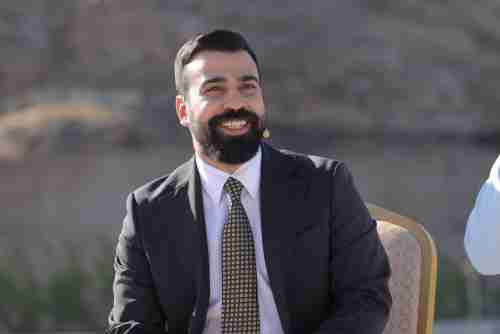
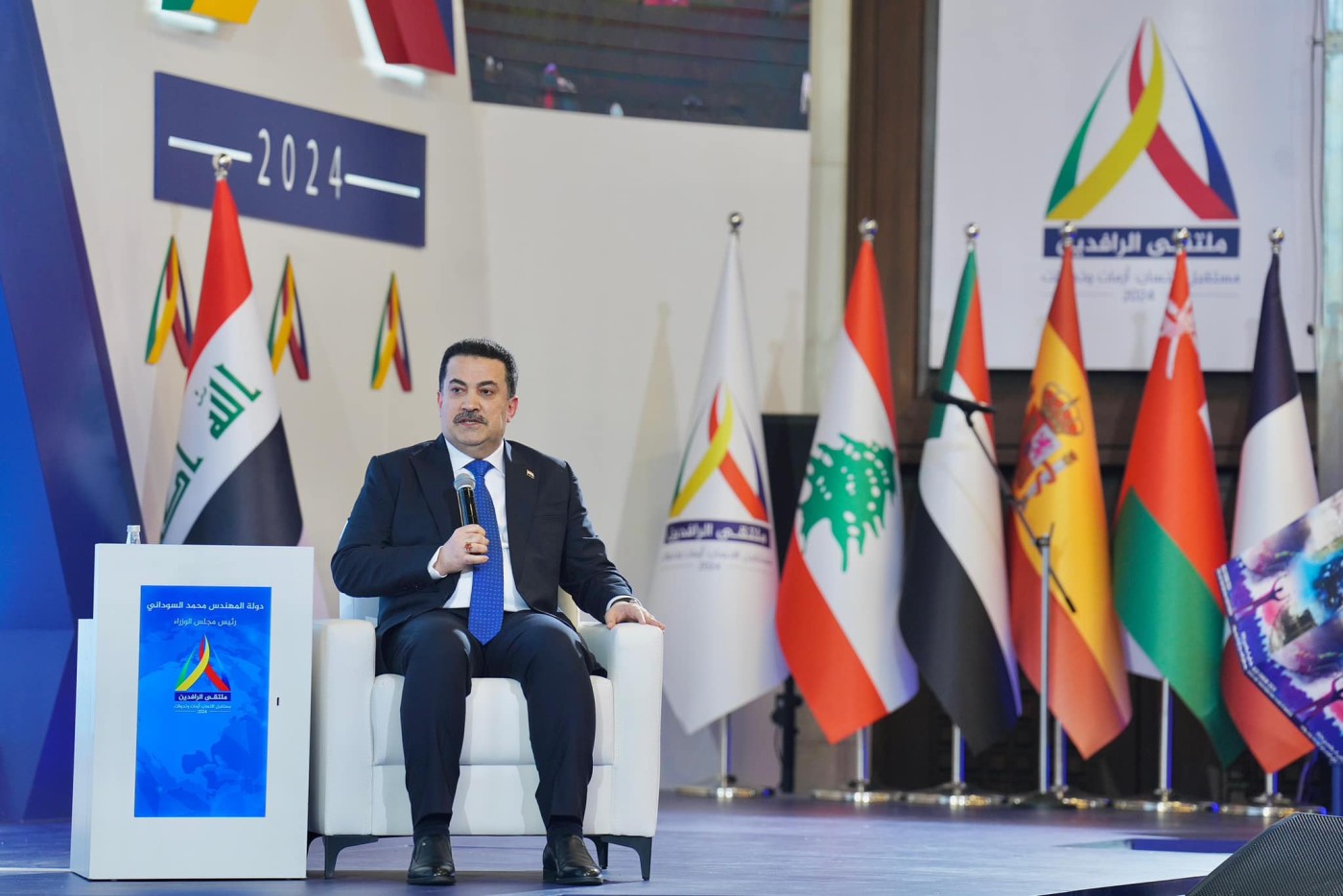
 Facebook
Facebook
 LinkedIn
LinkedIn
 Telegram
Telegram
 X
X
